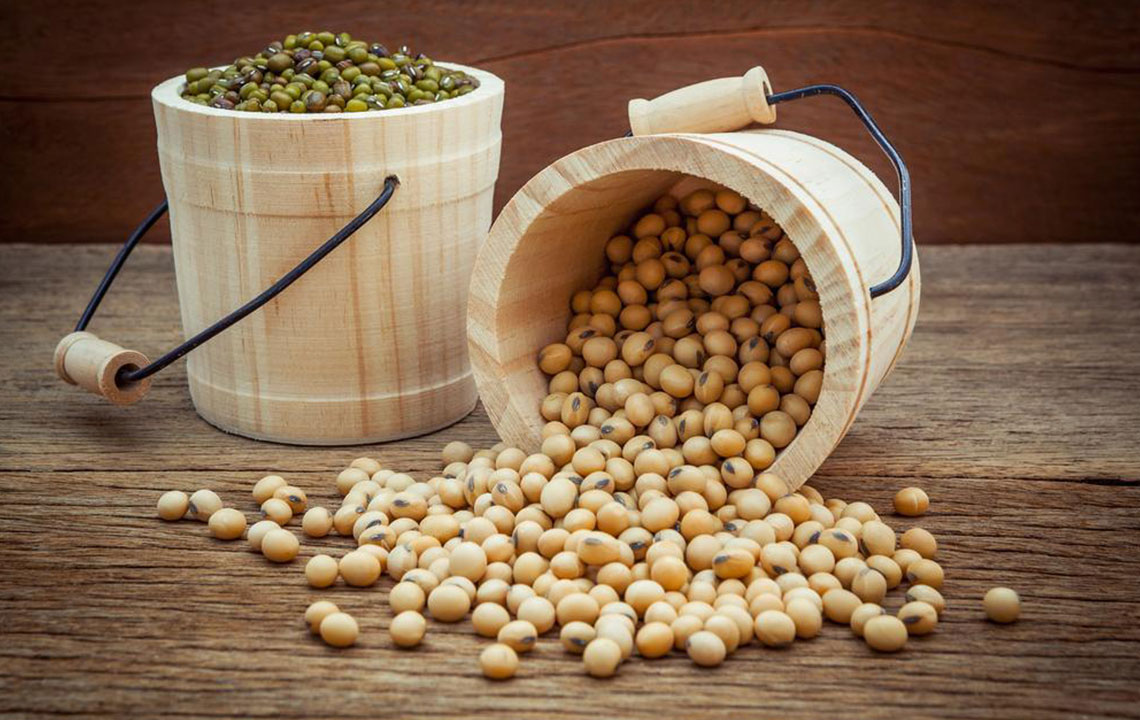The Critical Role and Potential Dangers of Managing Your Potassium Levels
This article highlights the importance of maintaining balanced potassium levels for overall health, detailing its benefits, dietary sources, risks of deficiency, and precautions for certain health conditions. Proper potassium management supports nerve, muscle, and heart functions, emphasizing a nutritious diet for optimal wellness.

Understanding the Critical Role and Potential Dangers of Managing Your Potassium Levels
Potassium ranks as the third most prevalent mineral within body cells, essential for optimal health. Both too much and too little potassium can threaten well-being. Ensuring appropriate intake through diet is vital, and being mindful of foods rich or low in potassium helps maintain balance. Proper levels support nerve signaling, kidney and brain function, muscle movement, and overall vitality.
Why is Maintaining Proper Potassium Important?
Adequate potassium offers multiple health advantages, including:
Supporting nerve, kidney, brain, and muscle activities
Regulating heart rhythm and cardiovascular health
Stabilizing fluid and electrolyte balance
Preventing dehydration
Promoting cellular health alongside sodium
Reducing hypertension and stroke risk
Strengthening bones
Relieving muscle cramps
Assisting carbohydrate processing
Facilitating protein synthesis and muscle development
Risks of Low Potassium Levels
Insufficient potassium can result in fatigue, muscle stiffness, irregular heartbeat, swelling, mood swings, and high blood pressure. Severe depletion may cause serious health issues requiring medical attention.
Daily Intake Recommendations
Adults should aim for around 4,700 mg of potassium daily. Including a variety of nutritious foods in your diet helps meet this target.
Foods High in Potassium
Numerous foods naturally contain potassium; incorporating these can help maintain healthy levels:
Fruits & Vegetables: Bananas (350 mg), sweet potatoes (670 mg), prunes (720 mg), raisins (860 mg), spinach, carrots, beetroot
Milk & Dairy: Milk (150 mg), cottage cheese (50 mg)
Nuts & Seeds: Almonds (860 mg), pistachios (970 mg), walnuts (690 mg), coconut (750 mg)
Seafood & Fish: Sardines (350 mg), scallops (480 mg), crab (270 mg)
Cereals & Baked Goods: Bran wheat (1160 mg), rye biscuits (500 mg), chocolate biscuits (230 mg)
Meat & Poultry: Chicken liver (290 mg), beef (470 mg), bacon (300 mg), lamb (250 mg)
Final Considerations
Maintaining proper potassium levels is crucial for overall health, supporting everything from nerve function to heart health. Eating a balanced diet rich in potassium-rich foods naturally promotes optimal levels. People with kidney problems should carefully monitor and regulate their intake, as excessive potassium can be harmful. Diversifying foods among fruits, vegetables, nuts, and seafood can prevent deficiencies and boost well-being. Be aware that some processed foods and beverages may contain hidden potassium, so checking labels is recommended.
Disclaimer:
Our article provides general educational information but does not replace professional medical advice. Consult healthcare professionals for personalized guidance, particularly if you have kidney issues or electrolyte imbalances. This content is intended for informational purposes and may not reflect the latest research or treatment options.


